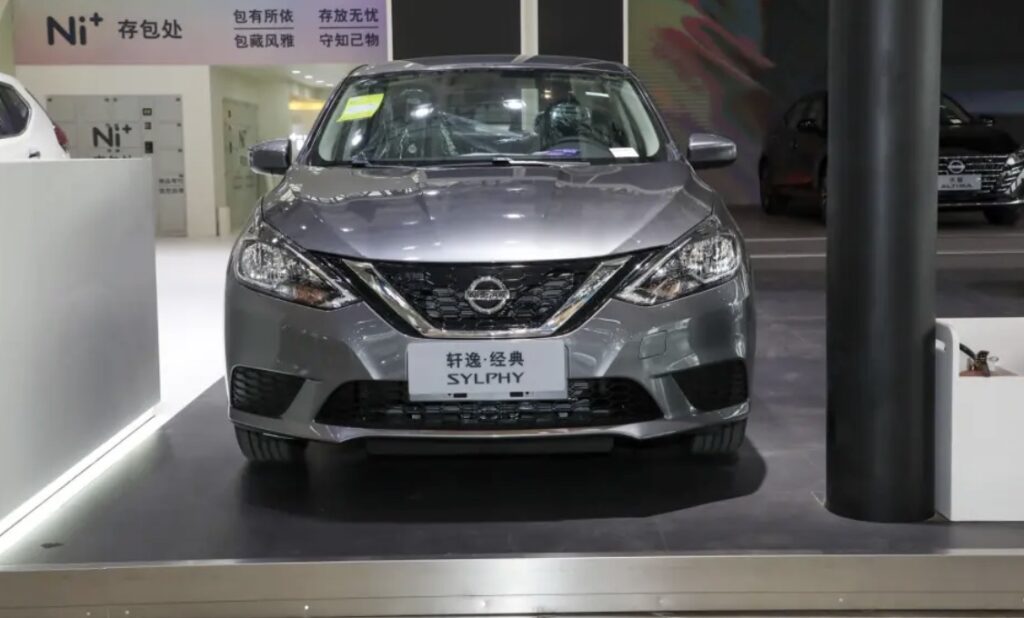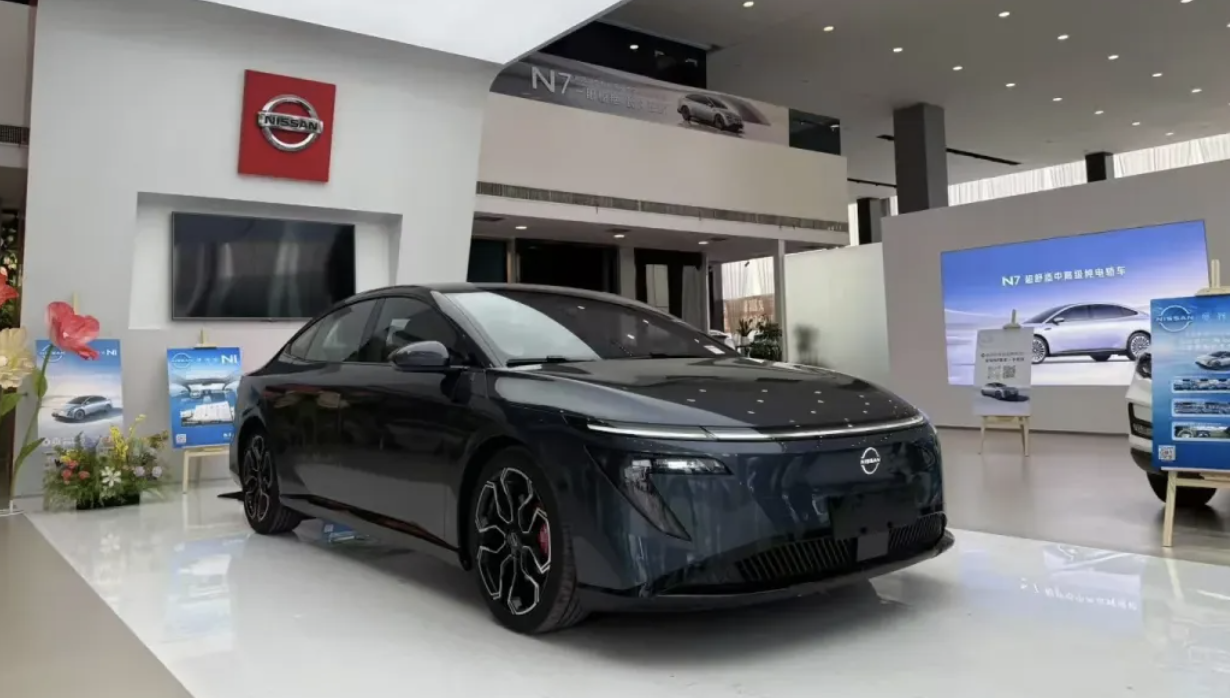Nissan Reportedly Asks Suppliers to Accept Delayed Payments Amid Financial Struggles
Today, media reports revealed that according to the contents of an internal email, Nissan Motor Co. has asked its suppliers to accept delayed payments in order to ease cash flow pressures. The company offered two options: on-time payments or deferred payments with interest. As of now, Nissan has not issued an official response to the reports.

In recent years, the rapid growth of new energy vehicles has dealt a significant blow to Nissan’s sales. China, one of Nissan’s most important markets, saw May sales of 57,998 units, down 9.7% year-on-year from 64,233 units. From January to May 2024, cumulative sales reached 225,560 units, a 21.3% decline compared with the same period last year.
Nissan’s sales in China have been on a downward trend since peaking in 2018 with 1.564 million units. Sales dropped to 1.5469 million units in 2019, 1.4567 million in 2020 (down 5.8%), 1.134 million in 2021 (down 6.4%), and 1.045 million in 2022 (down 22.1%). In 2023, sales plummeted nearly by half to 793,800 units (down 22.1%). In 2024, sales further dropped to 696,631 units, down 12.23% year-on-year.
The weak sales performance has taken a heavy toll on Nissan’s financial results. For the last fiscal year, consolidated net revenue stood at 12.6 trillion yen, down 0.4% year-on-year. Operating profit dropped 87.7% to 69.8 billion yen, while the company posted a net loss of 670.9 billion yen compared with a net profit of 426.6 billion yen the previous year — a 257.3% decline. These figures highlight Nissan’s deteriorating business conditions.
In February 2024, the company announced a restructuring plan aimed at cutting costs and reassessing its strategy, including exploring new partnerships. In March, Nissan appointed Ivan Espinosa as Chief Executive Officer. Espinosa has since pledged to streamline operations and improve financial health.
According to the official plan, Nissan will cut 20,000 jobs by fiscal year 2027 (April 2027–March 2028), representing about 15% of its global workforce. The cuts will mainly affect production, management, and R&D employees worldwide. The company also intends to reduce the number of its global factories from 17 to 10.
Commenting on the restructuring, CEO Ivan Espinosa said: “Facing a challenging fiscal 2024, rising variable costs, and a highly uncertain environment, we must act with urgency and speed to prioritize self-improvement and achieve profitability less dependent on volumes. As a new management team, we are taking a cautious approach to reassess our goals and are actively seeking every opportunity to ensure a strong recovery, with the aim of returning to profitability by fiscal 2026.”
Whether Nissan’s measures will succeed in reversing losses remains uncertain. What is clear, however, is that the company faces mounting pressure amid intensifying competition. In China, the rapid rise of domestic EV makers has eroded market share for traditional internal combustion engine vehicles, leaving Nissan overly reliant on a handful of aging gasoline models. Meanwhile, in the U.S. market, tariffs and other challenges further cloud the company’s prospects.



